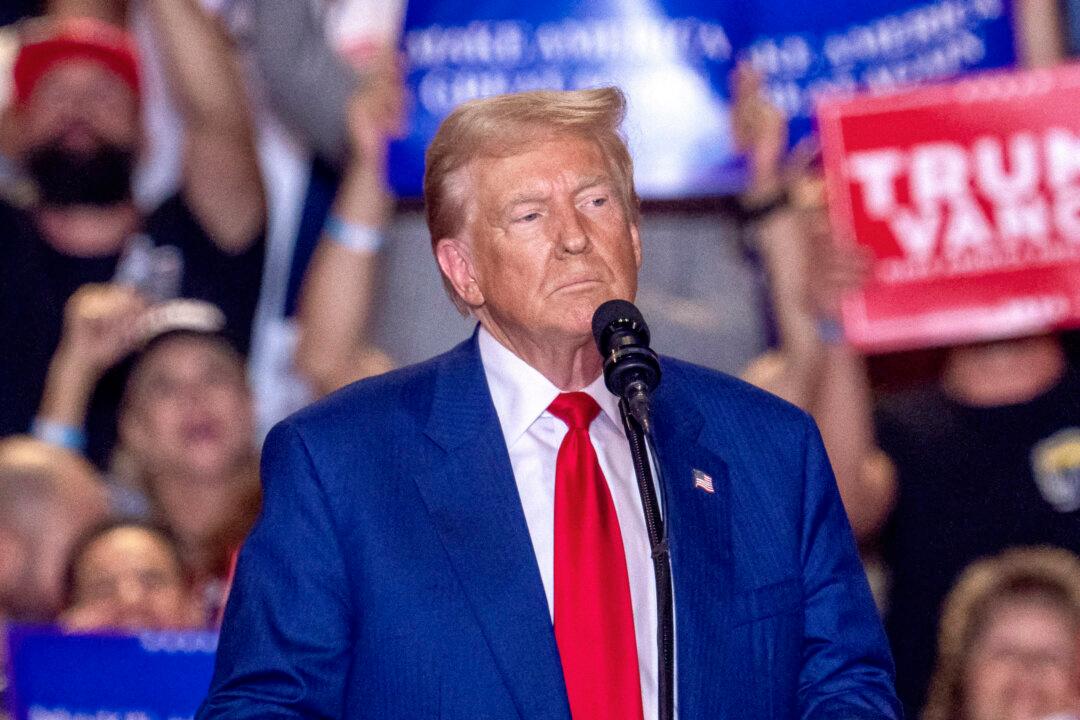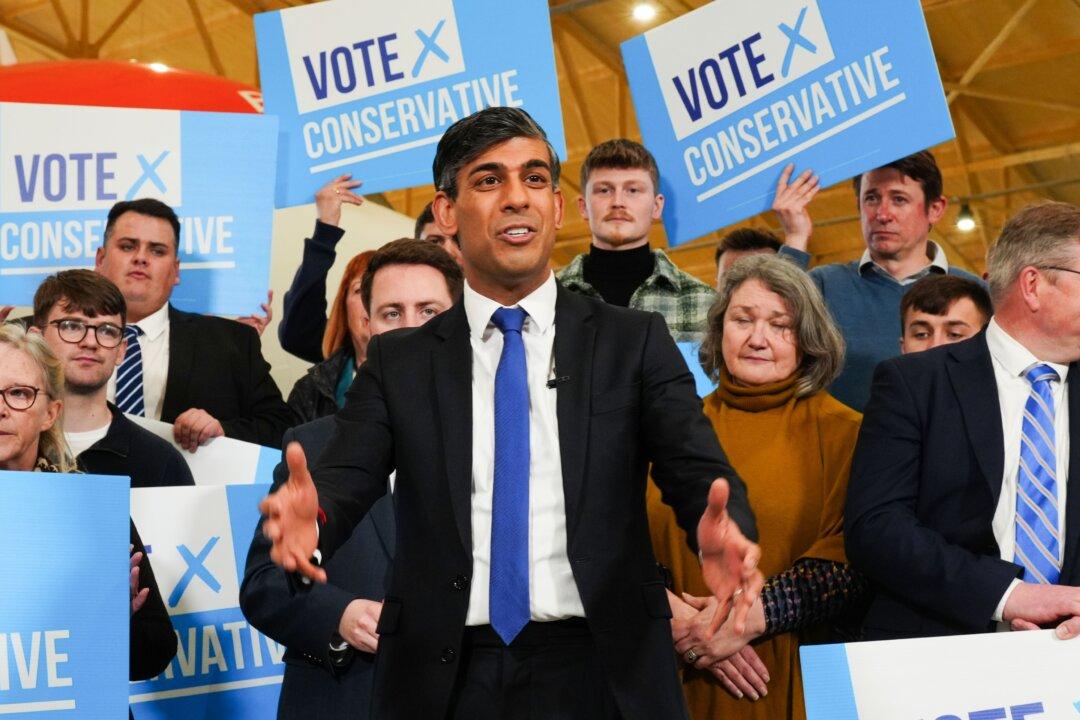TEHRAN, Iran—Iran’s president is warning Europe that Tehran will “take the next step” in increasing its uranium enrichment this coming Sunday, July 7.
The comments Wednesday by President Hassan Rouhani further increases pressure on European partners to salvage the unraveling 2015 nuclear deal following the United States’ withdrawal from the accord last year.




